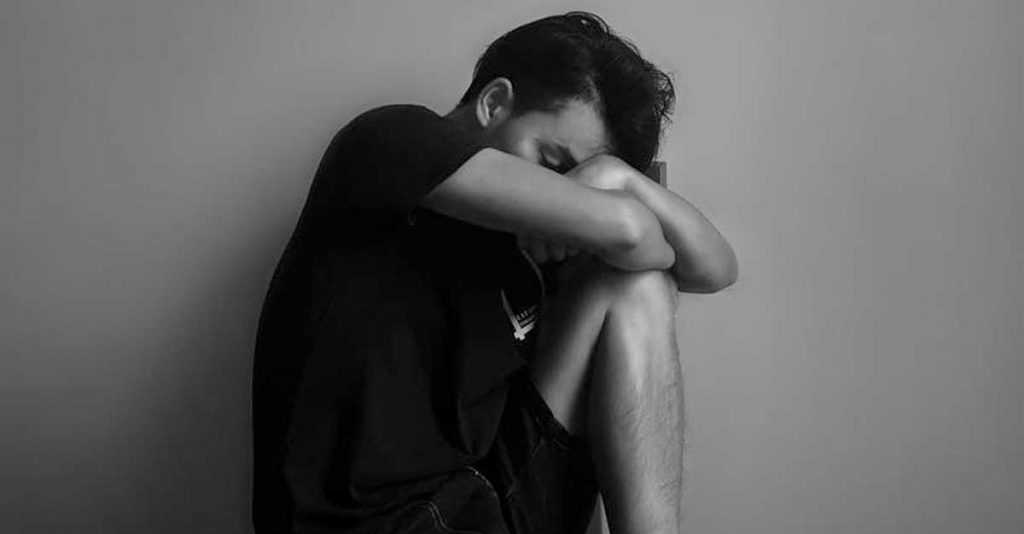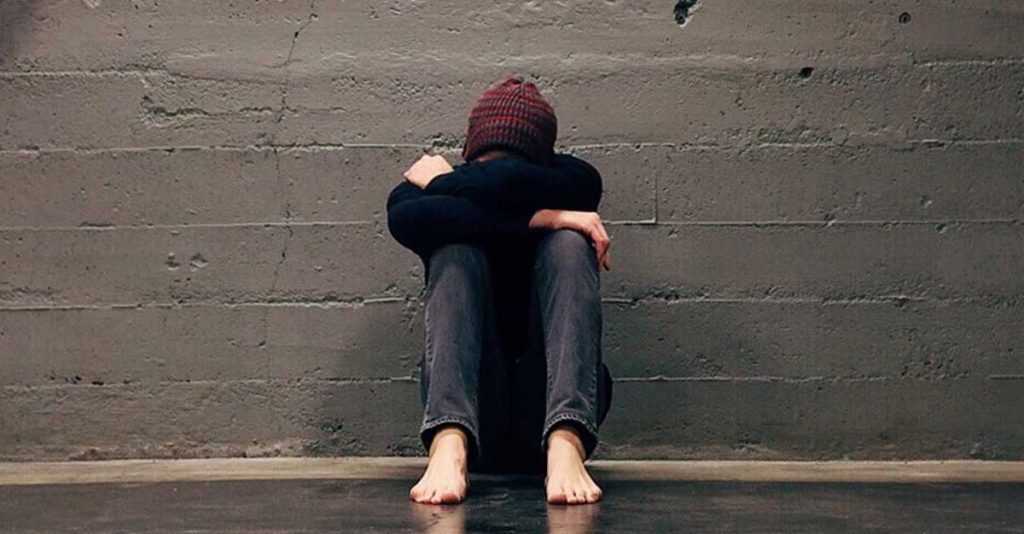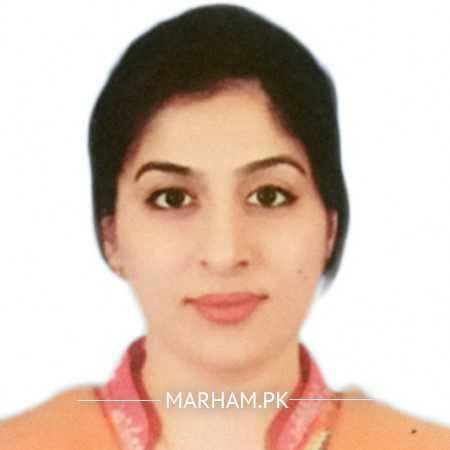Obsessive Compulsive Disorder commonly known as OCD is a mental disorder that can affect anyone. People from every walk of life can encounter this issue; a person becomes obsessed with a certain activity and repeats it with compulsion. Obsessions can be unwanted and can trigger extreme distressful situation for a person. If you or any of your beloved is facing this illness, consult a psychiatrist to seek a medical help.
We are here to answer the most frequently asked questions regarding OCD. We believe it can provide you with useful information regarding this mental disorder.
How can one identify that she/he is suffering from OCD?
One of the common symptoms of OCD includes extreme anxiety in a person. Anxiety is accompanied by extreme obsession and compulsion that greatly interfere and affect everyday life of a person. Other symptoms include:
- Recurring thoughts/ideas
- Intrusive images
- Inappropriate/distressful thoughts
- Repetitive thoughts about being contaminated
- An urge to follow a particular pattern
- Aggressive impulses
- Repetitive hand washing
- Checking on one thing again and again
- Repeating words silently in a mind


What causes OCD?
Well! OCD is a mental disorder. Even though its main cause is still not identified, however it can depend on our brain’s structure and its functioning. In addition to it, Genetics or overall circumstances of a person (Environmental influence) can become the risk factor of OCD. Always seek help from a psychiatrist before it gets worse and disrupts your daily life.
At what age OCD begins?
It can affect a person at any age; it can start as early as a child gets admitted to a preschool. According to research men tends to get it early between the ages of 6-15years whereas women have risk of getting it later in their lives.
How it is diagnosed?
Unlike other ailments, its diagnosis is quite tricky as it’s a mental illness. Mental Health professional can diagnose it by observing and assessing the person’s common behavior. He/she will keep a track on your activities to identify it.


Is it treatable?
We have good news, yes! It can be treated with medication and psychotherapy by a psychiatrist. Your psychiatrist will decide your treatment based on your symptoms. Most of the time patient of OCD responds well to the treatment even within few months visible difference can be observed.
OCD like other ailments can become a serious mental illness if not treated in time. So if you have any of the above mentioned symptoms get into contact with one of the best psychiatrists.





